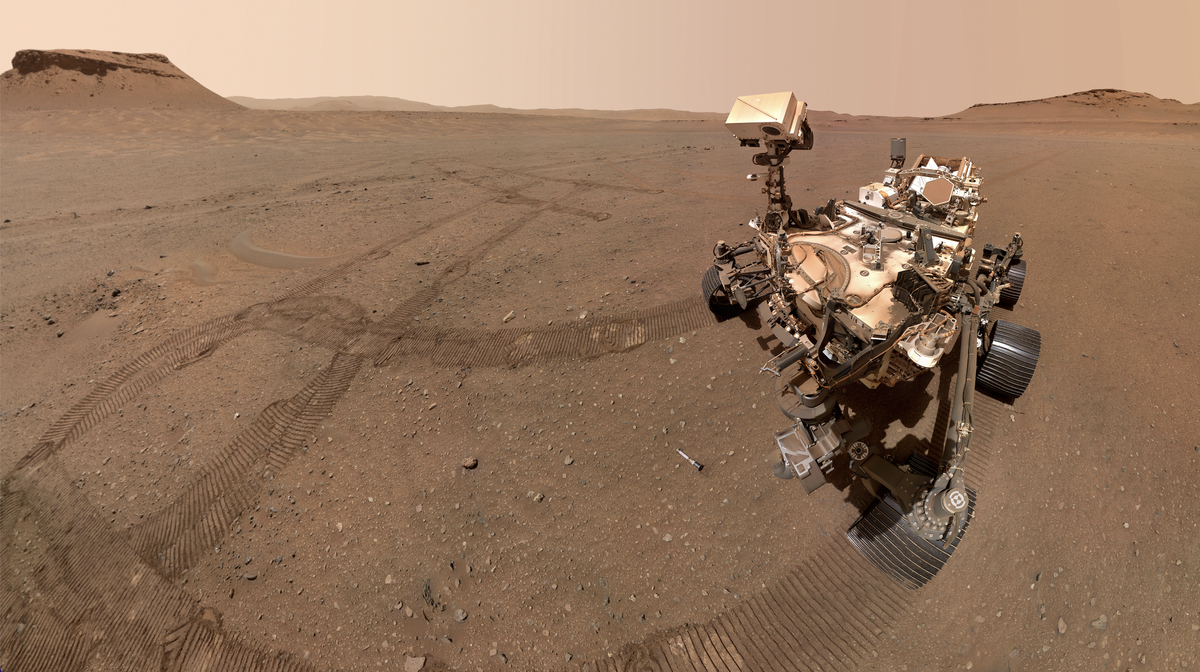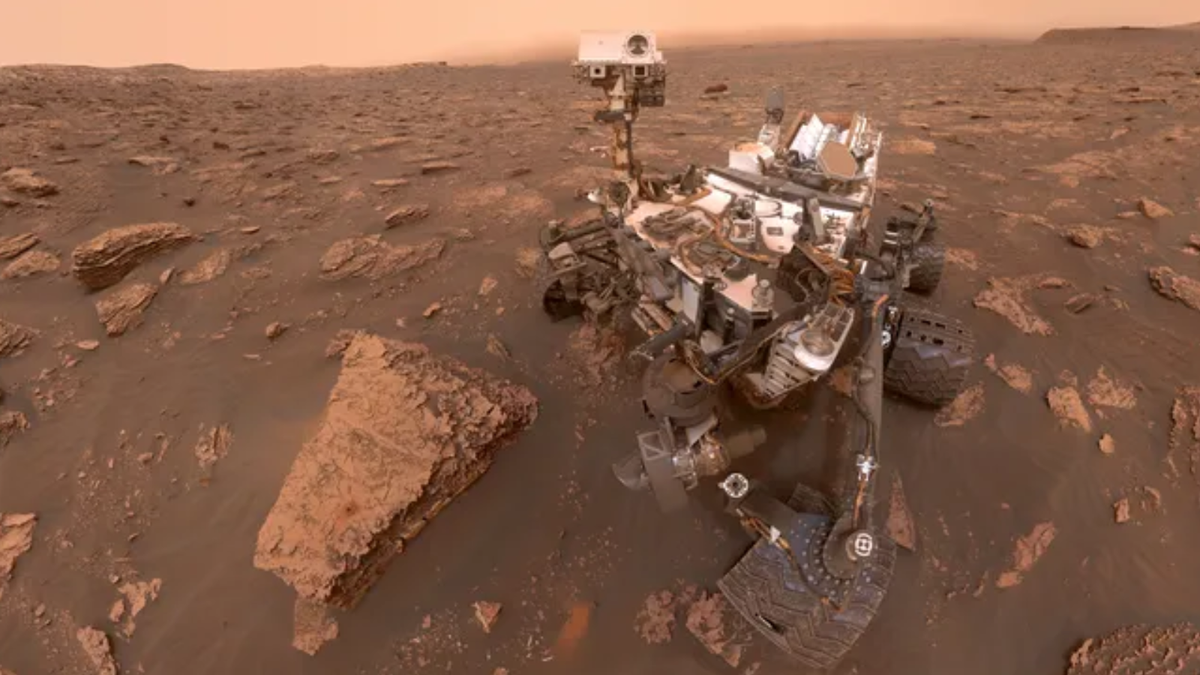NASA’s Mars Sample Return Program Faces Cost and Time Challenges
The Mars Sample Return (MSR) program, a crucial mission for NASA, has encountered significant hurdles due to its current $11 billion budget being deemed excessive. The plan involves multiple launches to Mars to place a Mars Ascent Vehicle (MAV) on the planet’s surface. Once there, either the Perseverance rover or small retrieval helicopters, akin to NASA’s Ingenuity rotorcraft, would gather Mars samples collected by Perseverance and load them into the MAV. An ascender would then launch the samples into orbit, where a spacecraft would retrieve them for the journey back to Earth.
Recognizing the challenges posed by the current approach, NASA has selected ten studies from industry and academia to explore more cost-effective methods of returning Martian samples. Seven of these proposals have received $1.5 million contracts for 90-day studies. NASA’s own research centers, Caltech’s Jet Propulsion Laboratory, and Johns Hopkins’ Applied Physics Laboratory are handling the remaining three studies, with the specifics of their contracts yet to be determined.
Among the aerospace companies involved in the studies are Lockheed Martin, Northrop Grumman, Blue Origin, and Aerojet Rocketdyne. SpaceX has also submitted a proposal titled “Enabling Mars Sample Return With Starship,” with CEO Elon Musk expressing confidence in Starship’s potential to reach Mars within five years.
NASA Administrator Bill Nelson has applauded the initiative to streamline the Mars Sample Return mission. “Mars Sample Return will be one of the most complex missions NASA has undertaken, and it is critical that we carry it out more quickly, with less risk, and at a lower cost,” Nelson stated in a NASA statement.
Seeking Innovation and Efficiency
Nelson emphasized the need for fresh ideas to expedite the return of Perseverance’s Mars samples. “I’m excited to see the vision that these companies, centers, and partners present as we look for fresh, exciting, and innovative ideas to uncover great cosmic secrets from the Red Planet,” he added.
In April 2024, Nelson raised concerns about the current MSR plan’s cost and timeline. “The bottom line is that $11 billion is too expensive, and not returning samples until 2040 is unacceptably too long,” Nelson remarked during a teleconference.
Perseverance, NASA’s car-sized rover on Mars, has collected a total of 10 sample tubes from the Jezero Crater, with the final tube deposited in January 2023. Scientists are hopeful that these samples could provide crucial insights into Mars, potentially including whether the planet has ever supported life.
Image/Photo credit: source url





